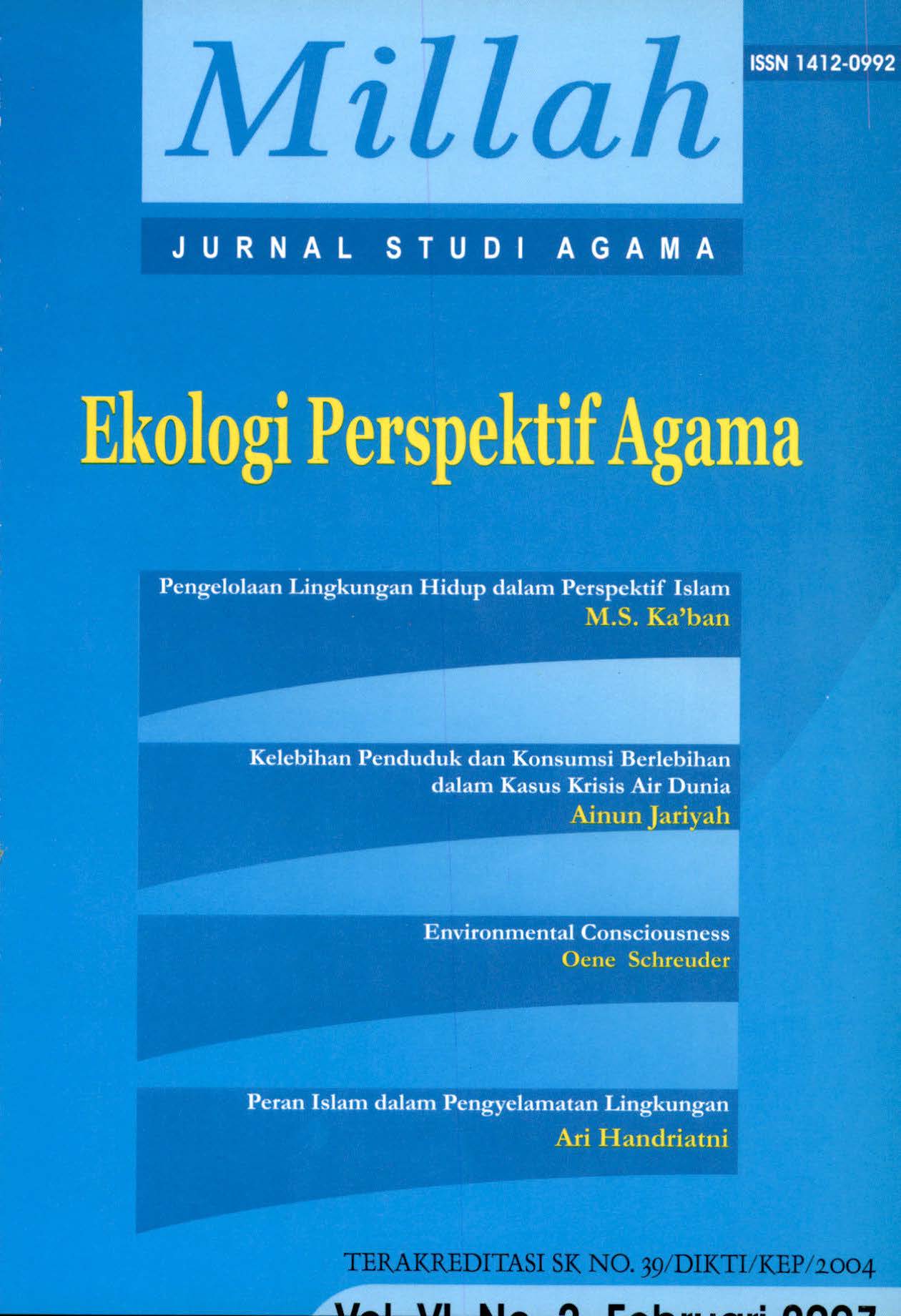Main Article Content
Abstract
The idea of dhaman towards both criminal andjustice victims, from early time, has been mentioned in the nash of both Al-Quran and Al-Hadith. From the nash, Ulemas have formulated various forms concerning dhaman (compensation). In fact, from early time the Islamic Jurists have not applied the terms mas'uliyah madaniyah for justice responsibility, and mas'uliyah al-jina'iyah for criminal one. Although in its development, up to recent time. Islamic Jurists often use the term mas'uliyah that is because of the Western work influences. Dhaman could occur because of deviation on akad (agreement) name dhaman al-aqdi, and could hempen because of violation namely dhaman 'udwan. Dharar could occur on physical, material orthings and service aspects; and it could also be on moral and emotional destruction or called dararadabi including name-reputation damage. The standard for the condensation either on quality or quantity must be similar to dharar suffred by the victims. Although in certain cases, the multiplying compensation may happen based on the victims’ condition.
Article Details
Authors retain copyright and grant the journal right of first publication with the work simultaneously licensed under a Creative Commons Attribution (CC-BY-SA) 4.0 License that allows others to share the work with an acknowledgment of the work’s authorship and initial publication in this journal.




